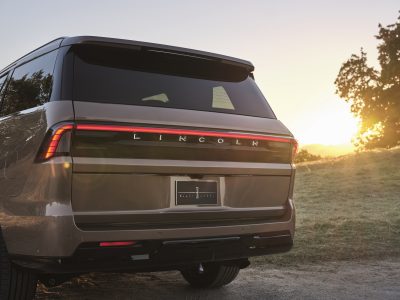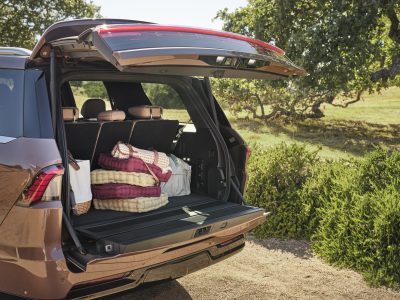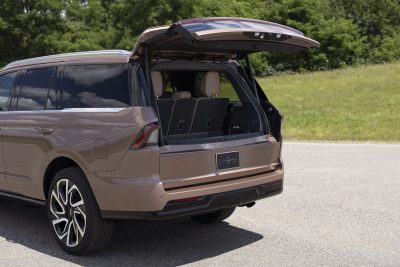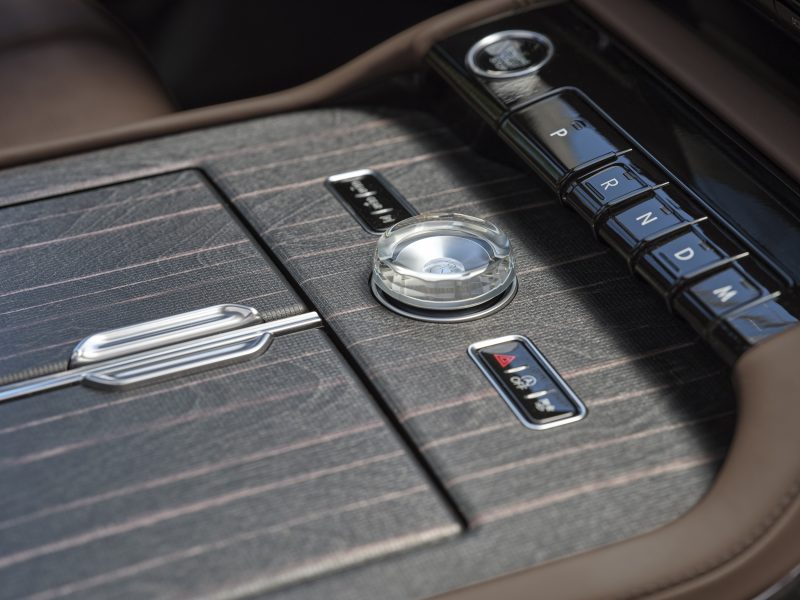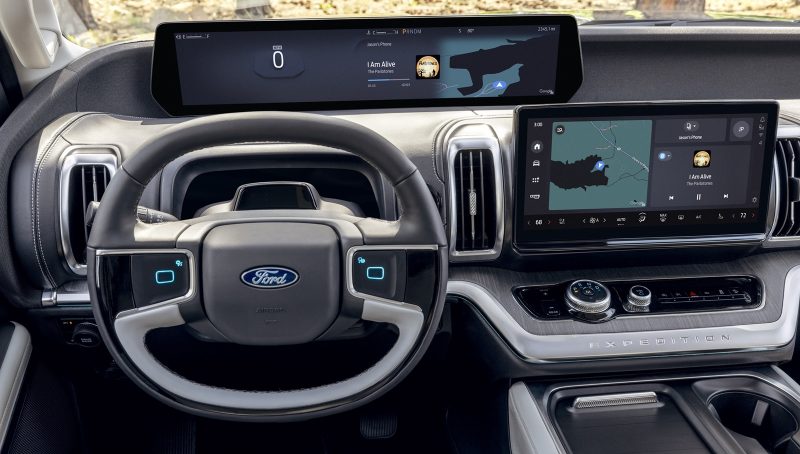Choosing the right company vehicle for your new startup is a significant decision. You’re not just selecting a vehicle; you’re choosing a representation of your professionalism, a reliable asset that meets your needs, and, most importantly, an affordable investment that puts you in control of your finances. With over 32 million commercial vehicles on the road, finding the perfect one for you is not a chore but a calculated business decision.
Like buying a car for personal use, a business vehicle needs to be considered more carefully so that you can use it for your business and purchase your next auto for all the right reasons.
How do you go about picking the right automobile for your small business, and what are you looking for?
Set Your Budget
Before you hit the market and get looking for a new business car, you need to set a budget. You need to know how much you can afford to pay upfront or how much you can afford to put towards finance payments if you’re not paying the full sum up front. And you need to under the costs of the car moving forward as the upkeep will eat into your budget and need to be accounted for. If you want to save money, then opting for a used Audi can be preferable to buying a brand new one for a sophisticated company car that is reliable and safe to drive, while if you’re looking for a van to assist you with moving stock or making deliveries, then a used van or truck could be the perfect compromise.
You need to consider fuel economy, upkeep, running costs, insurance coverage, etc., to help you set a monthly budget and your purchase cost to create a complete and affordable budget.
But in those first steps, you need to set your budget to narrow your search.
Function
Once your budget is set, it’s time to consider the vehicle’s function. What will it be used for? This will heavily influence your decision and the type of company vehicle you choose. For instance, a standard car like a hatchback, SUV, or convertible could be suitable if you’re primarily using it for meetings. However, a van or pickup might be a better fit if you’re transporting equipment. This strategic approach will ensure you choose a vehicle that serves your business needs.
Understanding what the new purchase will be primarily used for and what it needs to carry each day, e.g., people, tops, parcels, etc., will determine the type of vehicle you need to look at, as well as the make and model.
Insurance Coverage
There are multiple factors that make up your insurance coverage costs, so it’s a good idea for you to make some inquiries as to how much certain vehicles will cost you to operate before making your decision. As touched upon above, the cost of car ownership is more than just the initial purchase price or the monthly finance payments. It’s the other details too, maintenance, fuel, cleaning, and taxes (remember that a company car you also use for personal use is liable for personal taxes for you or your employees, so this is a consideration to me too) and your insurance.
So take the time to get some quotes for different sizes, styles, and makes of company automobiles and see what you can get at a reasonable price so you don’t get nasty surprises.
Buy The Car Through The Business
This is important if you’re getting a company vehicle; it needs to be purchased through the company. And if you are not paying outright in cash from the company taking ten, you need to consider your business’s credit score. A good credit score can help you secure better financing options and lower interest rates, which can significantly reduce the overall cost of the vehicle and improve your business’s financial health.
If you have, as you should, separate personal and business finances, then the payments will be coming from your business income. This means that the vehicle’s expenses, including the purchase price, insurance, and maintenance, should be paid from the business account.
Ensuring you have a good credit score as a business will facilitate the purchase so you can get the car you want. Mixing business and personal finances will become tricky and messy, and you might not get the tax breaks you need if you don’t buy your car via your business.
Make and Model
This point is applicable to both business and personal automobile choices. However, the make and model of the vehicle are important. Some are more reliable than others; you might find certain models have different features, cost more to repair, are less suitable for certain types of loads and passengers, or have weight limits. All of these factors can rule them out of your lineup for various reasons, so it’s important not to compromise with what you need to get what you want.
Research is a key part of choosing the right company vehicle. Don’t rely solely on the dealership for information. Take the time to read online reviews, visit the manufacturer’s website, and talk to other owners or businesses about their experiences. The more you know, the more confident you’ll be in making a decision that meets your business needs.
You can make a spreadsheet detailing the pros and cons of all the vehicles in the running and then address how they meet the business needs.
Are they reliable over long distances? Do they require frequent fueling, meaning they are not great for long-distance driving across the country? Can they fit any tools or equipment you need on a daily basis? Do the visual aspects and aesthetics of the car or truck meet the brand image you’re trying to portray? The make and model of your company vehicle can significantly impact your business’s brand image. For instance, a sleek and modern car might convey a professional and innovative image, while a sturdy and practical truck might suggest reliability and efficiency.
Sit down and weigh the benefits of each one you’re considering so you can make a more considered choice for your next company vehicle.
Other Factors to Consider
Lastly, before you head off to make your purchase, you need to look at some other important factors that may influence your decision when buying a company car.
Leasing terms—The type of leasing terms you agree to if you choose this option can impact your usage and limit your ability to drive. It can also be more costly if you have an accident, and you need to be confident you can return the car as required to not breach the terms of the agreement.
Delivery times—The time it takes for your new auto to be delivered will massively influence your decision, especially if you need it sooner rather than later. Delivery times are usually a factor when leasing or purchasing a brand-new car, as you must wait for the appropriate paperwork to be filed and approved or for the vehicle to come off the production line.
Fuel type and eco credentials – another critical factor is the type of fuel you prefer and its accessibility, as well as if you want a car that does not massively increase your carbon footprint. An electric model or hybrid can be an excellent option for those taking short local journeys; however, longer-distance driving might not always be the best option, depending on your location and the charging amenities in the places you are likely to frequent.

CRD Auto Industry Insider may contain helpful and on-topic partner content that auto enthusiasts and car shoppers find valuable.


